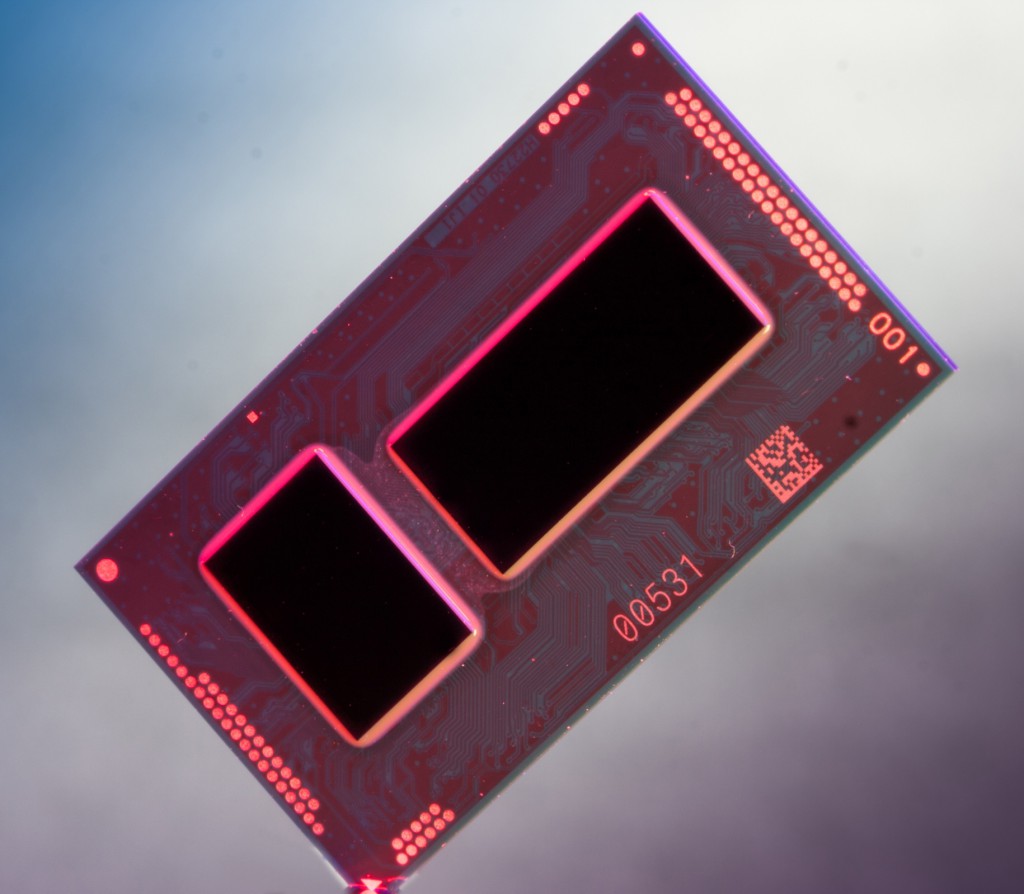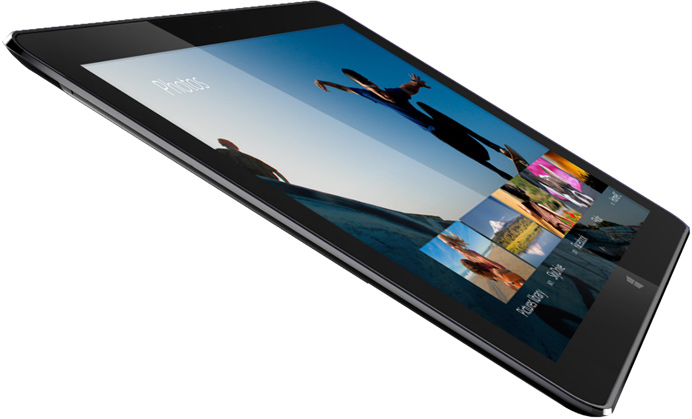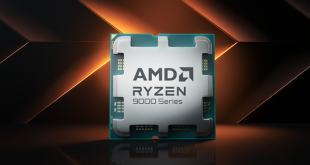Intel Corp.’s Core M microprocessors boast impressively low power consumption and heat dissipation, which will enable new types of low-power/ultra-thin personal computers. Unfortunately, due to limited performance provided by the Core M chips, their adoption will be limited too, according to a media report.
Only around 5 – 10 per cent of most notebook vendors’ shipments in 2015 will be based on the Core M processors powered by the code-named “Broadwell” or “Skylake” micro-architectures, reports DigiTimes web-site. Intel’s Core M chips with 4.5W power consumption are good for high-performance tablets, hybrid 2-in-1 systems and certain other low-power/ultra-thin designs. However, given their low clock-rates, they are not competitive on the market of mainstream notebooks, the report claims.

Intel Core M “Broadwell-Y” system-on-chip
Low impact that the Core M chips will have on the market is a good news for suppliers of discrete graphics processors for mobile PCs – AMD and Nvidia – since the ultra-low-power processors cannot support standalone graphics processing units due to limited number of PCI Express 2.0 lanes. In addition, makers of fans can also be glad: active cooling systems for notebooks will be needed next year.

Ultra-thin x86-based designs with Intel Core M inside
While market share of Intel’s Core M chips will be limited, the chip giant prepares to release Core i-series “Broadwell-U” system-on-chips with up to 15W thermal design power designed for mainstream notebooks early next-year. The BDW-U SoCs will have considerably higher performance compared to Core M products and will enable ultra-thin fanless notebooks at mainstream price-points. It is unknown whether the “Broadwell-U” microprocessors support standalone GPUs or not. If they do not (which is likely since they are very similar to Core M “Broadwell-Y”), it will be a bad news for AMD, Nvidia and makers of active cooling solutions for laptops (since discrete GPUs need fans).
Intel did not comment on the news-story.
Discuss on our Facebook page, HERE.
KitGuru Says: While next year Core M chips with 4.5W power consumption will not meet performance requirements of the mainstream market, it is possible that eventually such chips will gain both performance and market share. While this will naturally boost adoption of various hybrid types of PCs, this will also seriously change the market of mobile computers and components in general.
 KitGuru KitGuru.net – Tech News | Hardware News | Hardware Reviews | IOS | Mobile | Gaming | Graphics Cards
KitGuru KitGuru.net – Tech News | Hardware News | Hardware Reviews | IOS | Mobile | Gaming | Graphics Cards



why cant windows get a duel processor setup like some android tablets do?
tiny “standby” low usage processor for completing simple tasks tasks, e.g. sync one-drive, email notifications etc, then switch to a full i5 or 7 when needed
why cant windows get a duel processor setup like some android tablets do?
tiny “standby” low usage processor for completing simple tasks tasks, e.g. sync one-drive, email notifications etc, then switch to a full i5 or 7 when needed